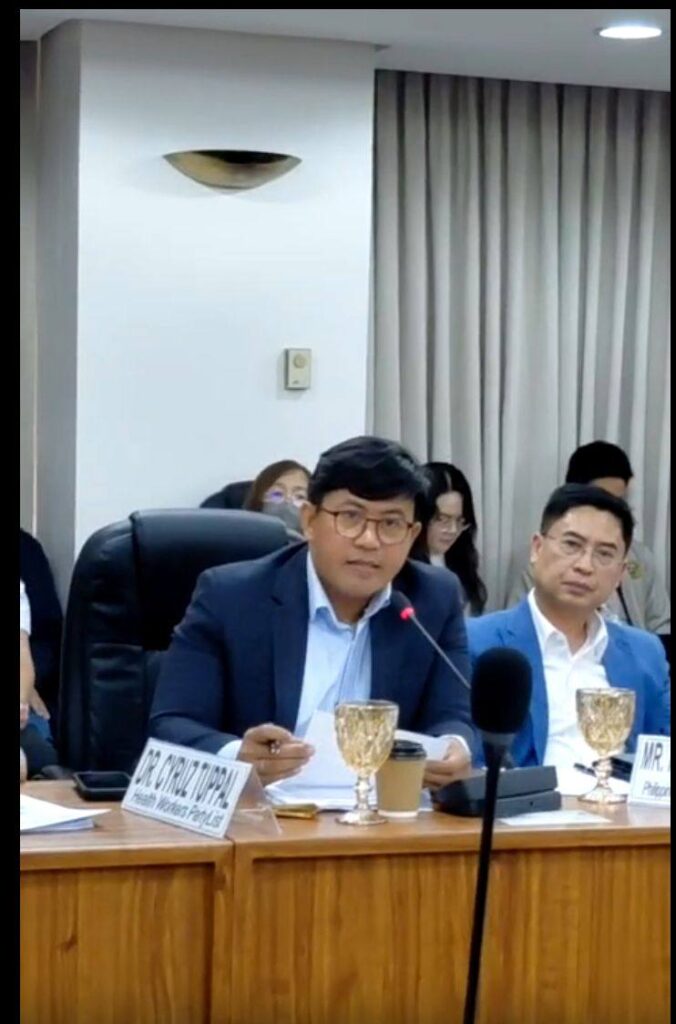President Ferdinand Marcos Jr. said that the government needs to consult the public before shortening the operating hours of government agencies in Metro Manila from 7 a.m. to 4 p.m. to alleviate the worsening traffic congestion in the capital.
In his recent interview, Marcos said he is open to the proposal from the Metro Manila Development Authority (MMDA) to shorten office hours for government employees.
However, the Chief Executive said that the final decision would depend on more than just input from traffic officials.
“Well, we’re studying it. If it works, we’ll do it. But we have to, it’s not enough to talk to the traffic enforcers and the administrators of traffic that have made the suggestion,” Marcos said.
“We also have to ask the commuting public kung practical para sa kanila [if it would be practical to them]. So if [it] turns out that everyone agrees to it then I cannot see why it will be a problem,” he added.
MMDA previously suggested adjusting the working hours of national government agencies in the National Capital Region (NCR) to 7 a.m. to 4 p.m. to alleviate traffic congestion.
According to the MMDA, this change could help nearly two million employees avoid the typical rush of commuters during the evening peak hours, which generally occur between 5 p.m. and 8 p.m., if the proposal is approved.
While the MMDA is focused on traffic management, the Civil Service Commission (CSC) has voiced concerns over the potential impact on government services and the transacting public.
According to CSC Commissioner Aileen Lizada, the agency has already issued a memorandum outlining the core working hours from 8 a.m. to 5 p.m., ensuring that government offices remain open to serve the public.
“The core working hours is 8:00 a.m. to 5:00 p.m., meaning dapat may tao sa office to attend to the transacting public,” Lizada said in a Viber message to reporters.
She also pointed out that many government agencies provide transportation options, such as buses, vans, and coasters, to help their employees commute more easily.
Additionally, the CSC has implemented flexi-time arrangements, which allow employees to report as early as 7 a.m. and leave by 4 p.m., or report by 9 a.m. and leave by 6 p.m. A four-day compressed workweek and work-from-home options are also available for qualified employees.
While the MMDA’s proposal focuses on traffic relief, the CSC underscores the need to consider the impact on the public, particularly those from the private sector who still follow the standard 8 a.m. to 5 p.m. work schedule. The CSC is also concerned about the effects on government services, especially for those who rely on public-facing agencies with essential services.
“We also have the ARTA, wherein government agencies must attend to their clients who are already inside government offices,” Commissioner Lizada pointed out. “What happens to them? Government offices, with frontline services, will stop its operations to address the traffic concern? What is now the priority of the government agencies? The transacting public or traffic?”
Lizada emphasized that while the intention of the MMDA’s proposal is well-meaning, the plan needs to be thoroughly studied to address these valid concerns. (TCSP)




